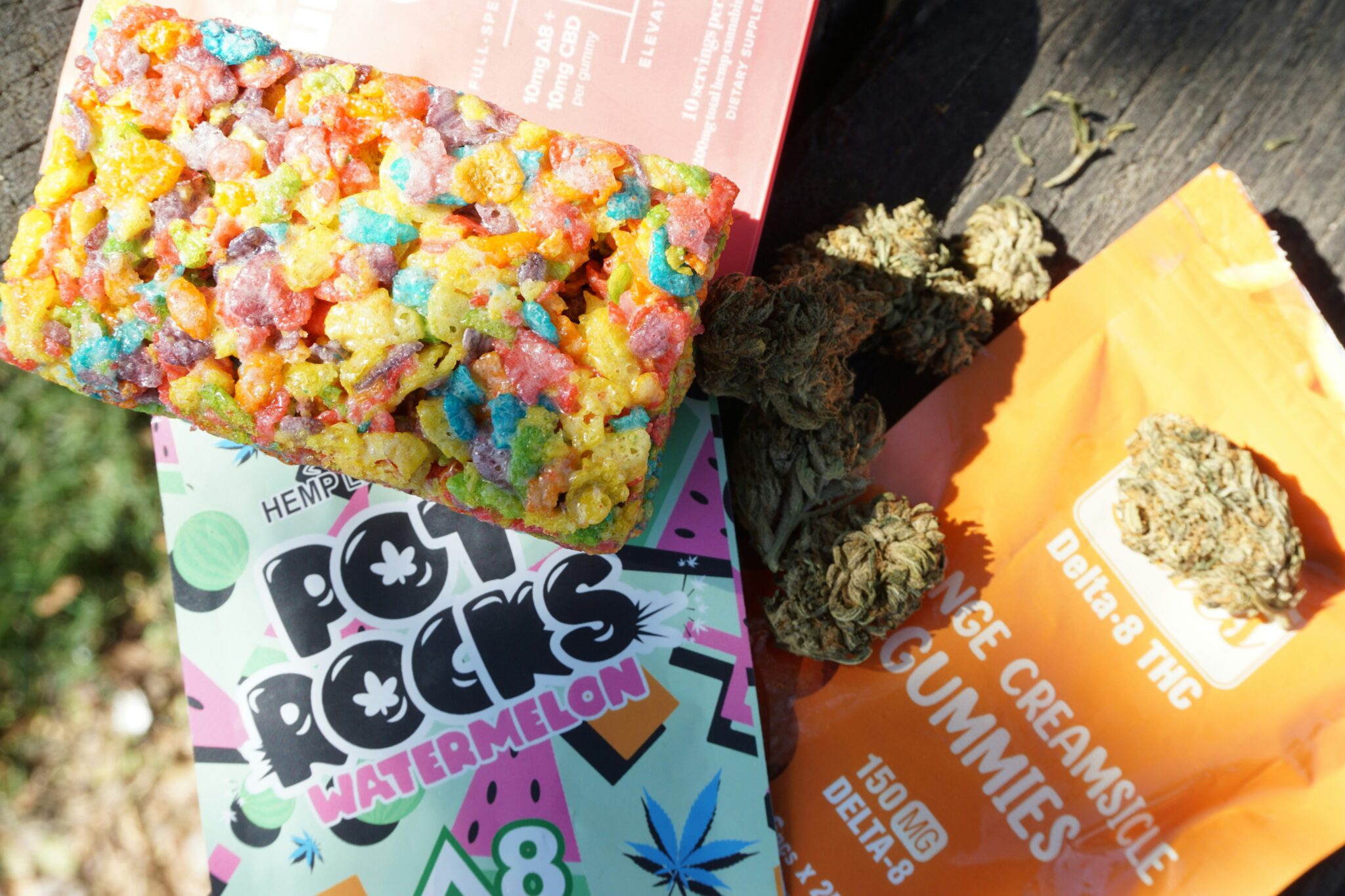In this exploration, we delve into the complexities of delta 8 brands, examining the various risk factors and implications for consumers, manufacturers, and regulators.
As the popularity of delta 8 tetrahydrocannabinol (THC) products continues to rise, it’s essential to take a closer look at the potential risk factors associated with delta 8 brands. While delta 8 offers unique benefits and experiences, it also presents challenges and concerns that consumers and industry stakeholders must navigate carefully.
In this exploration, we delve into the complexities of delta 8 brands, examining the various risk factors and implications for consumers, manufacturers, and regulators.
Regulatory uncertainty: Navigating legal and compliance challenges
One of the primary risk factors associated with delta 8 brands is the regulatory uncertainty surrounding the cannabinoid. Unlike delta 9 THC, which is subject to strict regulations in many jurisdictions, the legal status of delta 8 THC varies widely from state to state and country to country. This inconsistency in regulatory oversight has created a complex and often confusing landscape for delta 8 brands and consumers alike.
In some regions, delta 8 THC is classified as a legal hemp-derived product, allowing for its production, sale, and consumption within certain parameters. However, in other areas, delta 8 THC is treated as a controlled substance, subject to the same restrictions and prohibitions as delta 9 THC. This lack of clarity and consistency in the legal framework surrounding delta 8 THC poses challenges for manufacturers, retailers, and consumers, who must navigate a patchwork of regulations and compliance requirements.
Quality control issues: Ensuring product safety and efficacy
Another risk factor associated with delta 8 brands is the potential for quality control issues, including product potency, purity, and consistency. As the delta 8 market expands rapidly, fueled by consumer demand and industry growth, concerns have emerged about the reliability and integrity of delta 8 products available on the market.
Without standardized testing and quality control measures in place, there is a risk that delta 8 products may vary widely in their cannabinoid content, terpene profile, and overall quality. This variability can impact the efficacy and safety of delta 8 products, leading to potential health risks and negative experiences for consumers.
Safety concerns: Addressing health risks and adverse effects
While delta 8 THC is generally considered to be less potent and psychoactive than delta 9 THC, it still poses potential health risks and adverse effects, particularly when consumed in high doses or in combination with other substances. Common side effects associated with delta 8 THC include dizziness, dry mouth, increased heart rate, and cognitive impairment.
Moreover, the long-term health effects of delta 8 THC are not yet fully understood, as research into its safety and efficacy is still in its infancy. As a result, consumers should exercise caution when using delta 8 products and consult with healthcare professionals if they have any concerns or pre-existing medical conditions.
Mislabeling and misrepresentation: Ensuring transparency and accountability
In an unregulated market, there is a risk of mislabeling and misrepresentation of delta 8 products, leading to confusion and misinformation among consumers. Without accurate labeling and transparent information about product ingredients, potency, and manufacturing processes, consumers may unknowingly purchase products that do not meet their expectations or pose potential health risks.
Delta 8 brands must prioritize transparency and accountability in their labeling and marketing practices to mitigate this risk. Providing clear and accurate product information, including cannabinoid content, terpene profiles, and third-party lab test results, can help build consumer trust and confidence and ensure that they make informed purchasing decisions. At Times Standard, top-ranked THC brands are listed after comparing quality features.
Conclusion: Navigating risks and promoting responsible consumption
As the delta 8 market continues to evolve and expand, consumers, manufacturers, and regulators must work together to address the various risk factors associated with Delta 8 brands. By promoting transparency, accountability, and responsible consumption practices, we can minimize potential health risks and ensure the safety and well-being of consumers.
Regulators play a vital role in establishing clear guidelines and standards for Delta 8 products, ensuring they meet rigorous quality and safety requirements. Manufacturers must prioritize quality control and testing to ensure their products are safe, reliable, and effective. Consumers must educate themselves about the potential risks and benefits of Delta 8 products and make informed decisions about their use.
By working together to address the challenges and concerns surrounding delta 8 brands, we can unlock the full potential of this unique cannabinoid while safeguarding public health and promoting responsible consumption practices for all.

























































































































































































































